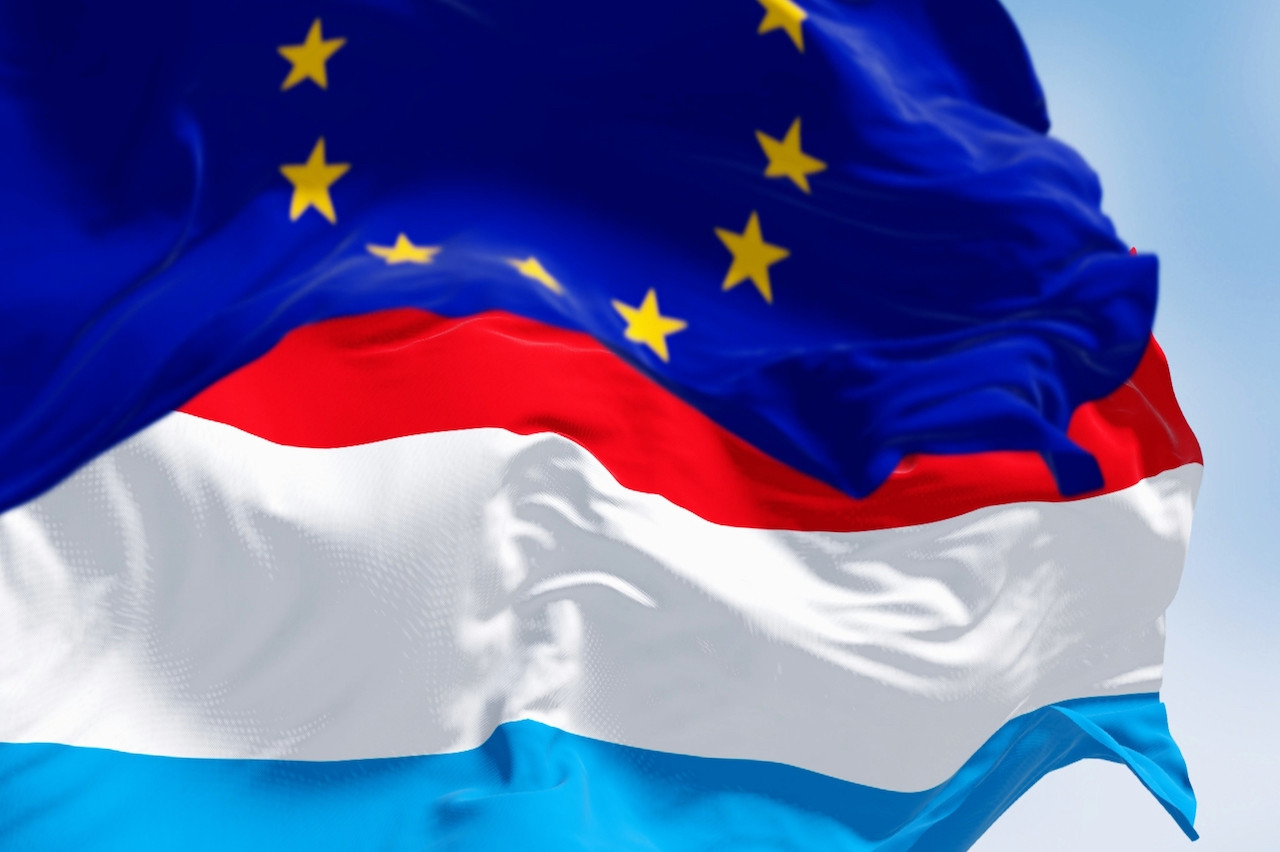For (ADR/ECR), the priority is to translate the election promises made during the campaign into action. One of his first actions was to contact Roberta Metsola, the president of the European Parliament, to “enhance the status of Luxembourgish. The aim is for us to be able to speak in Lëtzebuergesch, provided we give the interpreters a text in English or French in advance so that everyone can understand us. This would give our national language a high profile.” An initiative welcomed by Metsola, provided that Luxembourg’s prime minister supports it. “I’ve already contacted (CSV) twice, but he hasn’t gotten back to me yet. I will continue to insist until he tells us publicly whether or not he wants to support the Luxembourgish language in the European institutions.”
Russia’s war in Ukraine is also a major political issue for Kartheiser, who is working to create alliances between MEPs from different parties. More and more elected representatives are opposed to current policy and are seeking a peaceful resolution to these differences. “It’s an issue on which I’m making progress.”
The ADR MEP’s priority remains the Luxembourg economy. “As a member of the industry and economy committees, I’m in the process of setting up cooperation networks to enable our economy to benefit as much as possible from the presence of Luxembourg MEPs in these circles.”
Sustainable and social transition
The priorities of (déi Gréng/Greens/European Free Alliance) “are in line with my commitments over the last five years in the European Parliament.” These include upgrading the European rail network, tackling the shortage of healthcare workers in the EU and animal welfare.
“I’m very pleased to be able to work as rapporteur on a project that aims to make Europe’s rail networks more harmonised, more efficient and more flexible for freight and passengers. Travelling in Europe should be simple and cheap. In the field of health, the priority is to combat the shortage of staff. We are short two million people in the sector. We also need to work together more to combat shortages of essential medicines such as paracetamol for children. And we need to establish checks and balances on the power of the pharmaceutical industry and better coordinate health research. As far as animal welfare is concerned, I’m looking forward to finally working on new rules for animal transport. In future, we need to see fewer live animals being transported, and more carcasses being transported.”
More generally, Metz is calling on all progressive political forces--which includes, in addition to the Greens, the Left, the Socialists, the liberals and the conservatives--to work more closely together. “This is essential if we want to ensure that the ecological and social transition is completed.”
The ecological and social transition is also high on the agenda of (LSAP/S&D). “This transition must be fair, with a strong social dimension. For my part, I will be working within the employment committee to ensure that European legislation protects the labour market in the face of the emergence of artificial intelligence. Within the internal market and consumer rights committee, I will also be focusing on better regulation of digital platforms. The Digital Services Act needs to be improved and we need to combat the addictive design of services that want customers to stay on the platforms as long as possible.”
The need to strengthen institutions
Housing will also be a priority for the Socialist MEP, who is delighted that Ursula von der Leyen has taken up the European Socialists’ proposal to create a housing commissioner. “Housing is a European problem.”
Finally, Angel wants to work on modernising the way the EU operates. In his sights, in anticipation of future enlargements, is the questioning of qualified majority voting or unanimity and the creation of a right of initiative for the European Parliament.
Strengthening the European institutions is also the priority of (DP/Renew), vice-chairman of the committee on constitutional affairs, who believes that the institutions in their current state cannot allow the EU to be enlarged. “The treaties need to be adapted to the requirements of a strengthened and enlarged Europe,” he believes. In passing, he criticised Ursula von der Leyen’s decision to create a commissioner for the Mediterranean. “It’s an initiative that goes in the wrong direction, that of fragmenting responsibilities within foreign policy.” Finally, following on from , Goerens calls for massive investment “via the mobilisation of private capital” to boost European competitiveness.
This article was originally published in .
